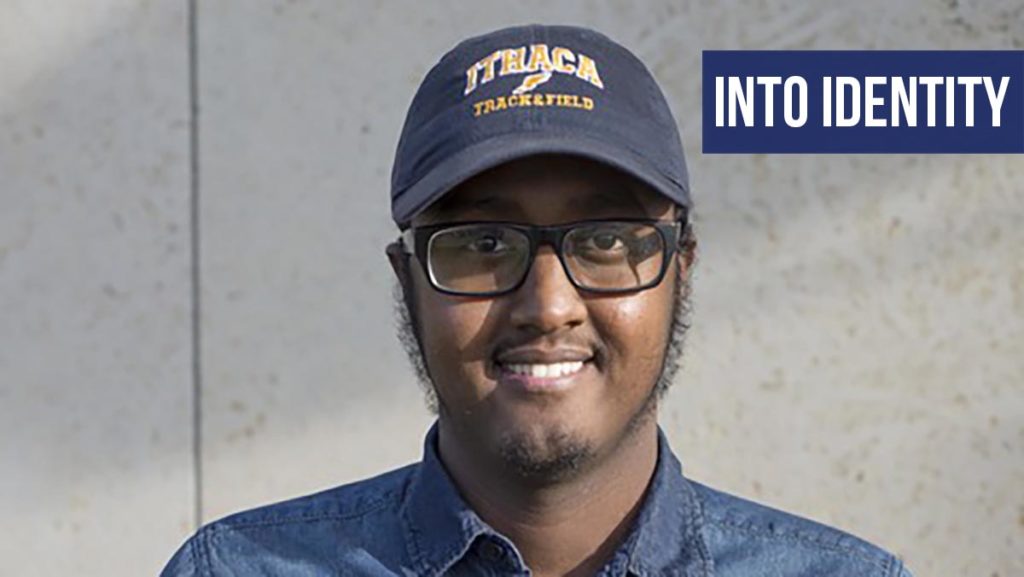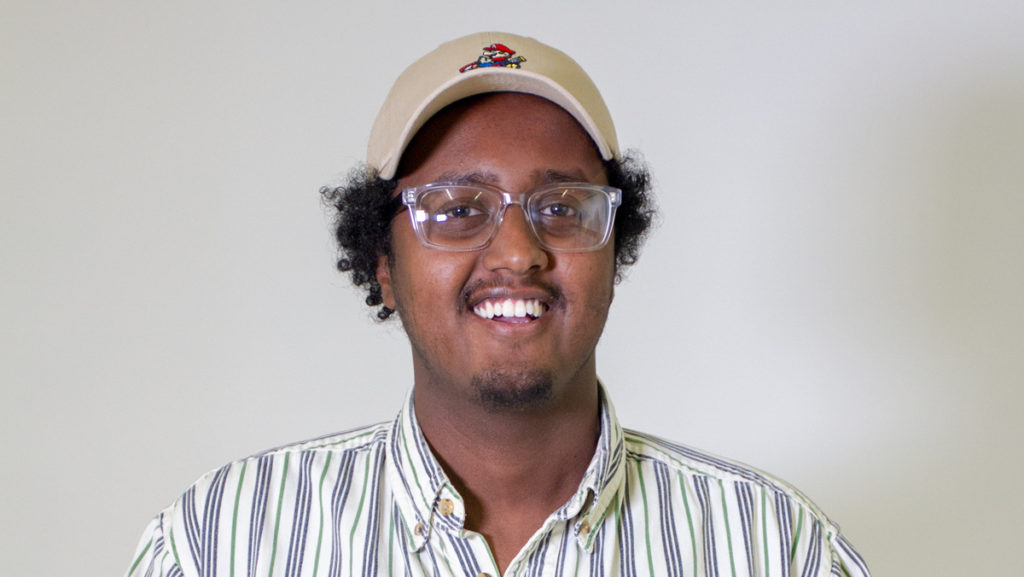Much of the ongoing commentary about campus free-speech issues is replete with shrill polemics that construct a false standoff between free expression and diversity — as if colleges have to be purely committed to one or the other.
On Dec. 5, 2018, I attended an event hosted by the Diversity and Inclusion Discussion Circle entitled “Free Speech. Hate Speech. Safe Speech.” The session was led by Sean Eversley Bradwell, who currently serves as the director of the Center for Inclusion Diversity Equity and Social Change (IDEAS). One main question animated the discussion: How should colleges and universities allow the free exchange of ideas while attending to the desires of minority students, some of whom view free speech as a cover for bigotry?
During the session, I expressed my anxieties around this topic. On the one hand, I subscribe to the liberal understanding of free speech, which maintains that everyone is afforded a platform regardless of their views. However, this freedom has been abused by conservative students who prefer to invite white supremacists to campus rather than serious conservative intellectuals. I suggested that we reframe this free speech debate. Instead of quarreling about whether assholes like Milo Yiannopoulos have the right to speak on campus, let’s seriously think about what an “open dialogue” looks like.
Questions like “Are black people genetically inferior to whites?” or “Are slavery and genocide ever acceptable?” are no longer in need of public discussion. This doesn’t mean that someone who holds these deplorable views should be barred from coming to campus or that we shouldn’t attempt to understand the logic of white supremacy. Rather, we need to stop pretending that absolutely all issues can be hashed out in the spirit of open dialogue.
Bradwell pointed out that the progressive atmosphere on campus produces echo chambers, which can be detrimental to a collegiate environment. More specifically, Bradwell called attention to a problem that I have touched on in my columns: sometimes minority students’ desire to be intellectually coddled by creating a sort of “no-fly list” of topics they deem are settled. For instance, arguing against racial preferences in college admissions, justifying cultural appropriation or suggesting that the gender wage gap is a result of women’s career choices rather than bias can invite charges of racism and sexism. These damaging accusations prevent people from having honest dialogues about controversial topics. For that reason, Bradwell contends that we should actively invite speakers who disrupt these campus orthodoxies.
I completely agree with Bradwell. Having a productive dialogue requires that you suspend your own political assumptions for a moment and consider ideas that you may find deeply disturbing. However, it’s largely minority students who are expected to engage in this labor. White students need to take the reins on these conversations too, especially when the topics being discussed could question the validity of their peers of color.
We need to recognize that although these conversations may be intellectually taxing, they are ideologically necessary, and we need to talk about how to effectively approach them.





